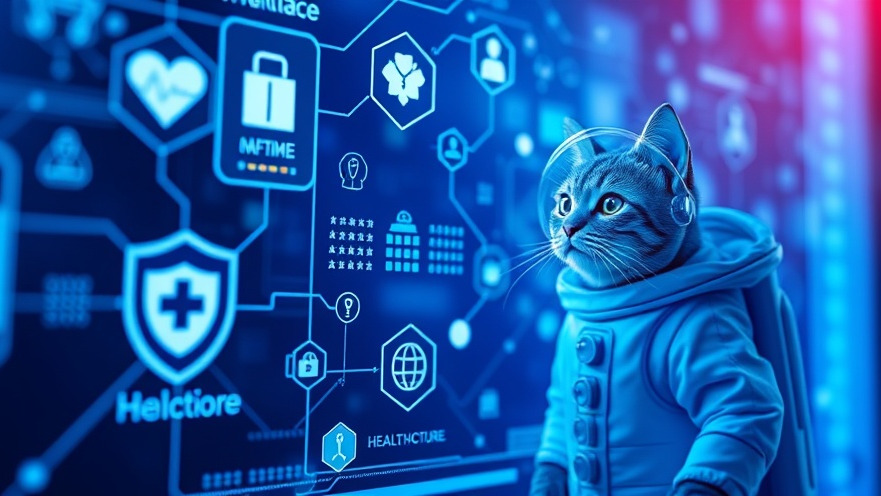
France's Alarm Over New Spyware Attacks: What You Should Know
The French government has confirmed that Apple has proactively notified individuals whose devices may have been compromised by a recent spyware campaign. This alarming notification, sent on September 3, serves as a stark reminder of the ever-evolving threats in the realm of digital security. It highlights the need for continuous vigilance as technology continues to advance rapidly.
Understanding the Threat: Spyware and Its Implications
Spyware, malicious software designed to gather private information without the user's consent, has become a significant concern globally. The latest wave targets Apple users, and while the specifics of the spyware remain undisclosed, the situation is reminiscent of past incidents involving NSO Group's infamous Pegasus spyware, which has been linked to exploits in various parts of the world.
Increasingly sophisticated spyware attacks indicate a shift toward targeting individual users rather than large organizations. This tactic raises critical questions about personal data security and the effectiveness of current privacy laws. The implications are profound: maintenance of personal privacy is becoming more challenging in a world where breaches enter everyday life.
Artificial Intelligence and Cybersecurity: The Future of Protection
As spyware technology matures, so too must our defensive strategies. This is where the promise of artificial intelligence comes into play. Emerging AI technologies offer innovative solutions for detecting and analyzing threats in real-time, potentially minimizing the impact of spyware attacks. For example, AI-driven tools can monitor network activity for unusual patterns, alerting users before significant data breaches occur.
Historical Context: A Growing Concern
The awareness around spyware is not a new phenomenon but has intensified over the years due to high-profile cases like that of French President Emmanuel Macron, who had to switch his phone after being targeted. This exemplifies how even high-profile individuals are not immune to being targeted by malicious state actors. These incidents invariably fuel the discussion around stricter regulations for data security and privacy.
Choices You Can Make to Enhance Your Security
Facing potential spyware threats, it’s essential to take proactive action. Here are some strategies that tech users can implement:
- Regular Updates: Ensure your devices are always up to date with the latest software and security patches, which defend against known vulnerabilities.
- Utilize Security Software: Employ robust antivirus and anti-spyware solutions that leverage AI to analyze potential threats.
- Be Wary of Links and Attachments: Exercise caution with emails, texts, or messages that ask for private information or contain unknown links.
Future Technology Trends: What’s Next in Cybersecurity
As technology continues to evolve, we can anticipate breakthroughs that will redefine cybersecurity strategies. Concepts around next-gen technology, including machine learning and cloud-based AI tools, suggest a future where user data can be protected more effectively through automation.
These emerging tech trends highlight a shift toward a proactive approach in cybersecurity, moving from traditional reactive measures to methods that foresee and mitigate cyber threats.
Conclusion: Staying Informed and Vigilant
In an era where technology development is parallel to the sophistication of cyber threats, awareness and education are paramount. The recent notifications from Apple to its customers underscore the vulnerabilities that exist and stress the need for users to actively protect their devices and personal information.
As we navigate the future of technology, staying informed through credible sources and adopting advanced security tools are practical steps we must take. Awareness today leads to a safer digital environment tomorrow.
 Add Row
Add Row  Add
Add 




Write A Comment